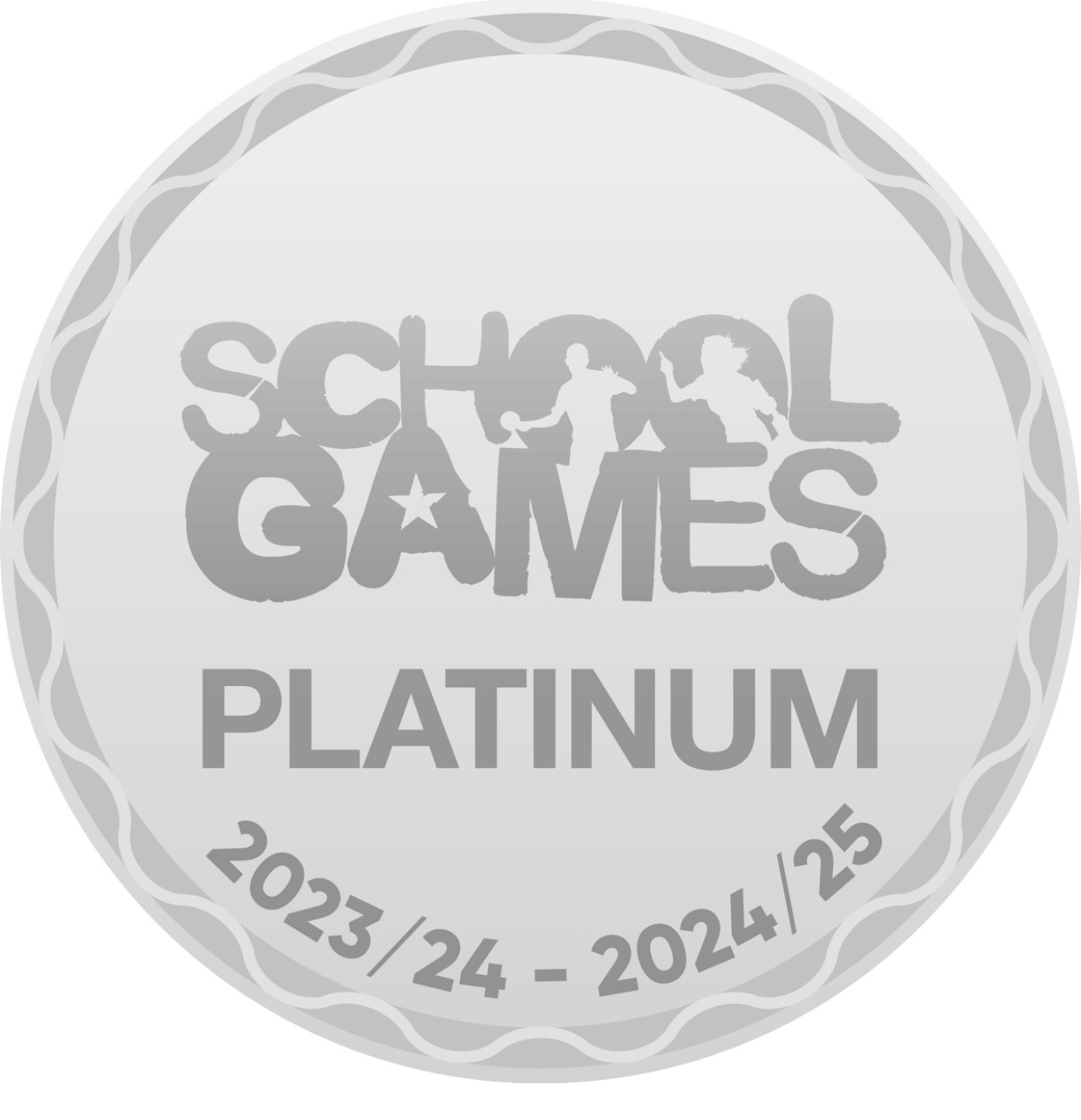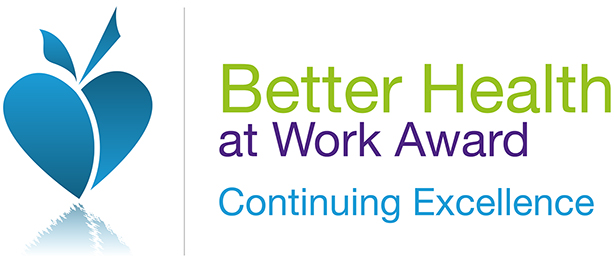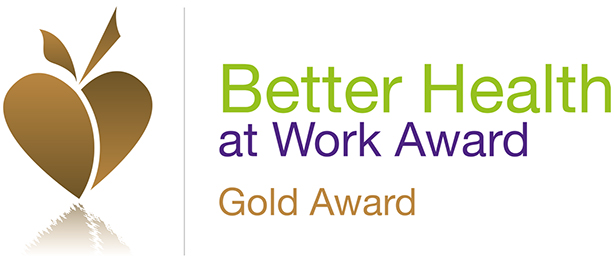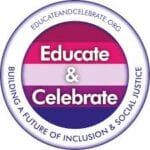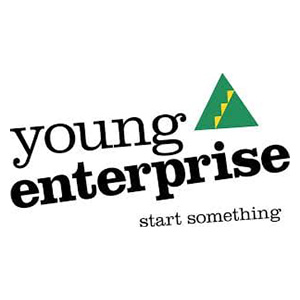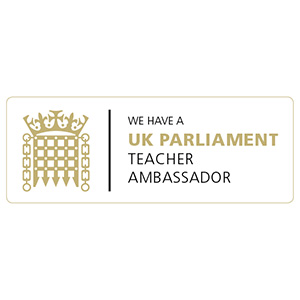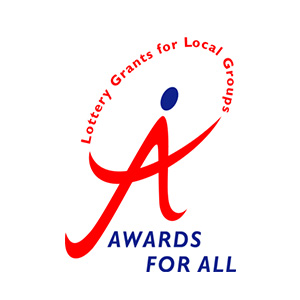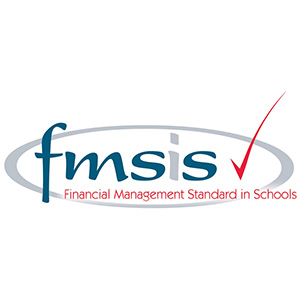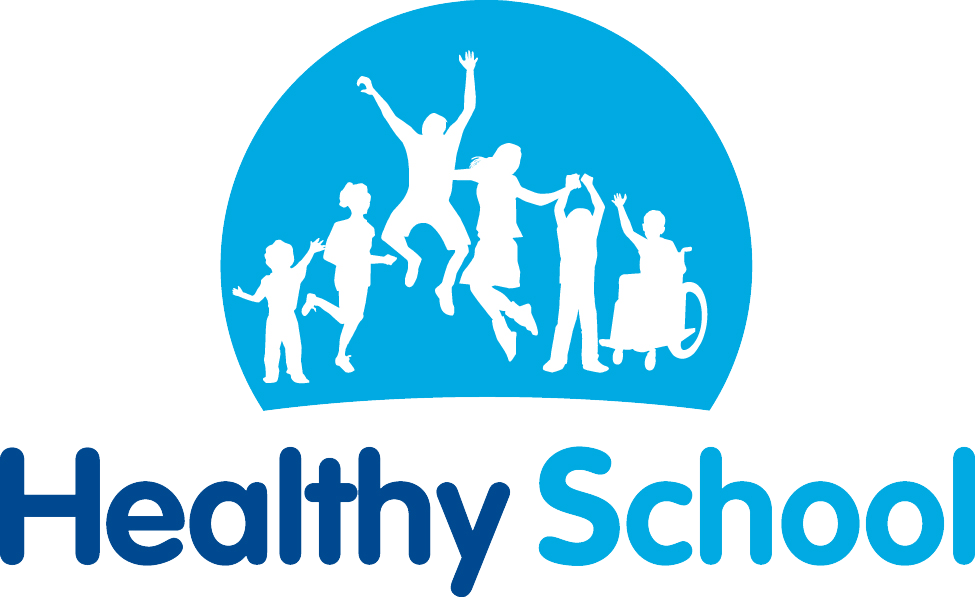How children with SEND engage in all activities
We do our best to ensure that all children can access all areas of school life as best we can. We do not see SEND as a barrier to accessing the full curriculum and ensure that children with SEND are included in activities in order to promote the highest levels of achievement. However, on occasion, a personalised curriculum may be more appropriate.
Where a pupil is identified as having a special educational need, school will follow a graduated approach which takes the form of cycles of “Assess, Plan, Do, Review”
- Assess the child’s special educational needs
- Plan the provision to meet the child’s aspirations and agreed outcomes
- Do put the provision in place to meet those outcomes
- Review the support and the progress made and act accordingly
As part of this process, we will produce a SEN Support Plan that describes the provision that we will make to meet a child’s special educational needs and outcomes. The school SENCo, Mrs Hill, will support staff and parents through this process and seek advice from external professionals where appropriate.
How do we assess and review progress?
ASSESS:
If your child has SEND, it is important for us to carry out a range of assessments to identify their strengths and needs accurately.
Actions to support judgements may also include:
- On-entry observations
- Teacher assessment and staff observations of an individual
- Progress against the Early Years Curriculum, including Early Learning Goals, or National Curriculum expectations
- Progress through core subjects and its impact on other areas of learning
- Referrals and recommendations from external agencies
- Assessment through the WellComm Language Toolkit
PLAN:
Every child with SEND has an individualised SEND support plan that describes the child’s needs, outcomes and provision to meet those needs.
A small percentage of children and young people with significant learning difficulties might need an assessment which could lead to an Educational, Health and Care Plan. Full details of this process and where children may be considered for assessment can be found here and in the SEN Code of Practice 2015.
DO:
How is the decision made about what type and how much support my child will receive?
At South Hetton Primary School, we currently have children with a variety of needs and we adapt our curriculum in order to fully support individual needs.
The class teacher alongside the SENDCo and any relevant external professionals will discuss the child’s needs and what support would be appropriate. Teachers use assessments and observations of children, as well as the knowledge of other members of the teaching team, to identify, review and evaluate their needs and gaps in their learning. The effectiveness of interventions is regularly reviewed before children are allocated to a new or continued intervention.
Where appropriate, the curriculum can be adapted by content, process, resources, product and/or the learning environment to ensure access for all.
Support for children with communication and interaction needs:
- Speech and Language recommendations specific to the child
- Staff members with dedicated training to provide speech and language support
- Social Stories
- Language enrichment throughout all areas of the curriculum
- WellComm Early Years Language Toolkit
Support for children with cognition and learning needs:
- High Quality Teaching, accessing a broad and balanced curriculum
- A supportive curriculum
- Intervention groups to tackle specific areas of difficulty and bridge gaps in learning
- Booster classes in Y6
- Stareway to Spelling Programme
- Sounds Write phonics interventions
- 1:1 Reading sessions for struggling readers
- Lexia
- Gross and fine motor programmes including Lois Addy’s Handwriting and the Frostig Programme for Visual Perception
- Access to technology to tackle barriers for writing
Support for Social, Emotional and Mental Health
- Trained Listening Matters Counsellor
- Social Stories
- Talk About Me
- Getting Along
- Relax Kids
- Therapeutic Storywriting
- Lego Therapy
- Nurture Room
- Zones of Regulation
- Gender neutral toilets
Sensory and/or physical needs
- Fully accessible school classrooms and outdoor areas in a single storey building
- Accessible toilet and changing space
- Gross and fine motor programmes
- Access to occupational therapy recommendations through referral
- Access to Local Authority Occupational Therapy support
- Staff trained in delivery of specific physio support
- Access to sensory needs team, including Visual Impairment team
- VI assistive tech apps
- Living Stories for the Blind
REVIEW:
Support plans and the provisions in place are reviewed on a termly basis with some intervention programmes being reviewed more frequently.
Support Plan Reviews are completed in collaboration between the child (where appropriate), the parent/carers and the teaching team. Additional support and guidance for these reviews is provided by the SENCo, Mrs Hill.
For a child with an Educational, Health and Care Plan (EHCP), an annual review is carried out in line with guidelines provided by the Local Authority. This is a multi-agency approach and all relevant professionals will be invited to participate in this review alongside the family and the school team. An annual review meeting is led by the SENCo.
If you have any concerns or queries about the SEN needs or support available for your child, please do not hesitate to contact the school and arrange an appointment with Mrs Hill.

